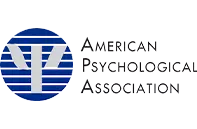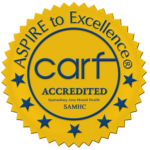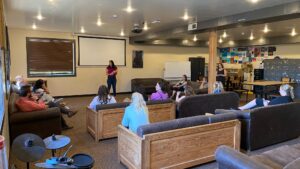
Boys Experience Therapy, Family Recovery, and Academic Growth
We offer a variety of specialized programs and groups, run on an as-needed basis, including:
- Digital Literacy
- Character Growth Curriculum
- Grief and Loss Group
- Cooperative Play Group
- Social Skills Group
- Anger Management Group
- Adoption Group
- Sensory Room
- Leadership Group






Parent Training and Workshops
Parents attend a three-day parenting workshop once each quarter. The workshop provides parent training, strategies, support, and help with setting up the positive parenting plan their sons will participate in at the school back home. Parenting workshops also include bonding exercises for parents and sons, family therapy sessions, corrective emotional experiences, and opportunities for building positive memories. The final day of the workshop includes a special event that students have prepared for their parents. It may be a trail ride, a youth rodeo, a play put on by the students, a campout, a whitewater rafting trip, or any number of other activities. Parental support does not end when students leave the program, as we have staff available to provide support, answer questions, and identify resources, even after students return home.



